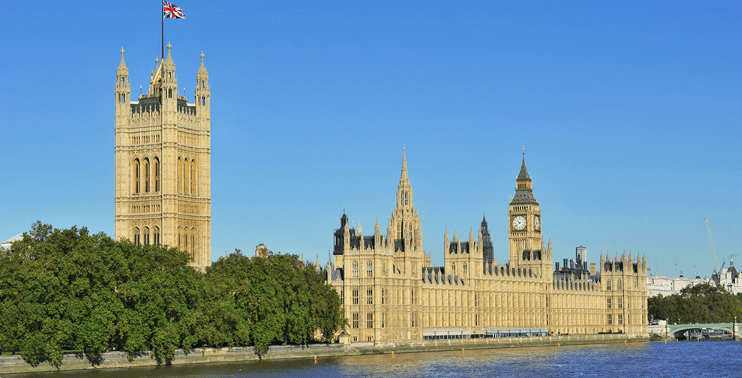In a sweeping reform under the banner of civil service relocation UK, the government is transferring thousands of jobs out of London to regional centres across the country.
The move, aimed at cutting costs and decentralising power, will see 12,000 civil service roles moved from the capital, with 11 major government buildings scheduled for closure.
The transition is projected to save £94 million annually by 2032 and inject over £700 million into local economies, as part of a major effort to reshape the machinery of government.
This radical shake-up includes the closure of high-profile offices such as 102 Petty France, a major Ministry of Justice site housing 7,000 civil servants, and 39 Victoria Street, home to the Department of Health and Social Care since 2017.
As part of the broader civil service relocation UK plan, departments have been asked to submit detailed proposals for relocating staff, including top-level officials, by 11 June. The objective: bring decision-making closer to the communities it affects.
Two new flagship campuses will lead the charge:
- Manchester: A new hub focusing on digital innovation and artificial intelligence.
- Aberdeen: A centre dedicated to energy, bolstered by the newly established Great British Energy headquarters.
Both cities already have an established civil service footprint. But under the new strategy, their role will expand significantly—part of the long-term goal to decentralise influence and expertise.
Other cities set to benefit from the civil service relocation UK drive include:
- Birmingham
- Leeds
- Cardiff
- Glasgow
- Darlington
- Newcastle and Tyneside
- Sheffield
- Bristol
- Edinburgh
- Belfast
- York
Chancellor of the Duchy of Lancaster Pat McFadden emphasised the vision behind the changes.
“By relocating thousands of Civil Service roles, we will not only save taxpayers money, we will make this Government one that better reflects the country it serves. We will also be making sure that Government jobs support economic growth throughout the country.
As we radically reform the state, we are going to make it much easier for talented people everywhere to join the Civil Service and help us rebuild Britain.”
Currently, around 80% of civil servants already work outside the capital. But senior positions have traditionally stayed in London. Under the new civil service relocation UK framework, half of all senior roles will be based outside London by 2030.
This shift aims to make public service leadership more inclusive and connected to the wider UK landscape.
While trade unions have broadly welcomed the decentralisation push, they’ve raised alarms over potential disruptions.
Dave Penman, general secretary of the FDA union, noted: “There will also be uncertainty for the thousands of civil servants affected by the office closures announced today.
We need to hear quickly from the departments affected how this will be managed, not least how they will be affected by the office closures, relocation of roles out of London and reduction in headcount, all happening at the same time.”
Mike Clancy, of the Prospect union, added: “We have been here before with similar announcements; if this one is to be different, Government needs to work closely with unions both on specific relocation plans and on the wider Civil Service reform agenda.”
The move has drawn criticism from Conservative figures, who accuse Labour of mixed messaging.
Alex Burghart MP, Shadow Chancellor of the Duchy of Lancaster, said: “Labour themselves admit that they have set up at least 29 new quangos since entering office, whilst Angela Rayner and her ministers also appear to have never used their offices outside of London – and are instead shutting them down.
It’s clear Keir Starmer is taking the public for fools – shuffling things around and making empty promises.”
Despite the criticism, government sources insist the reforms are essential for creating a more effective, agile state—one that works not just for London but for the whole of the UK.
The civil service relocation UK initiative represents a fundamental rethinking of how government operates.
While challenges lie ahead—especially for affected workers—the long-term vision is clear: a more balanced, more responsive civil service that reflects the country it serves. If executed well, this could be a turning point in rebuilding trust and efficiency in the British state.






